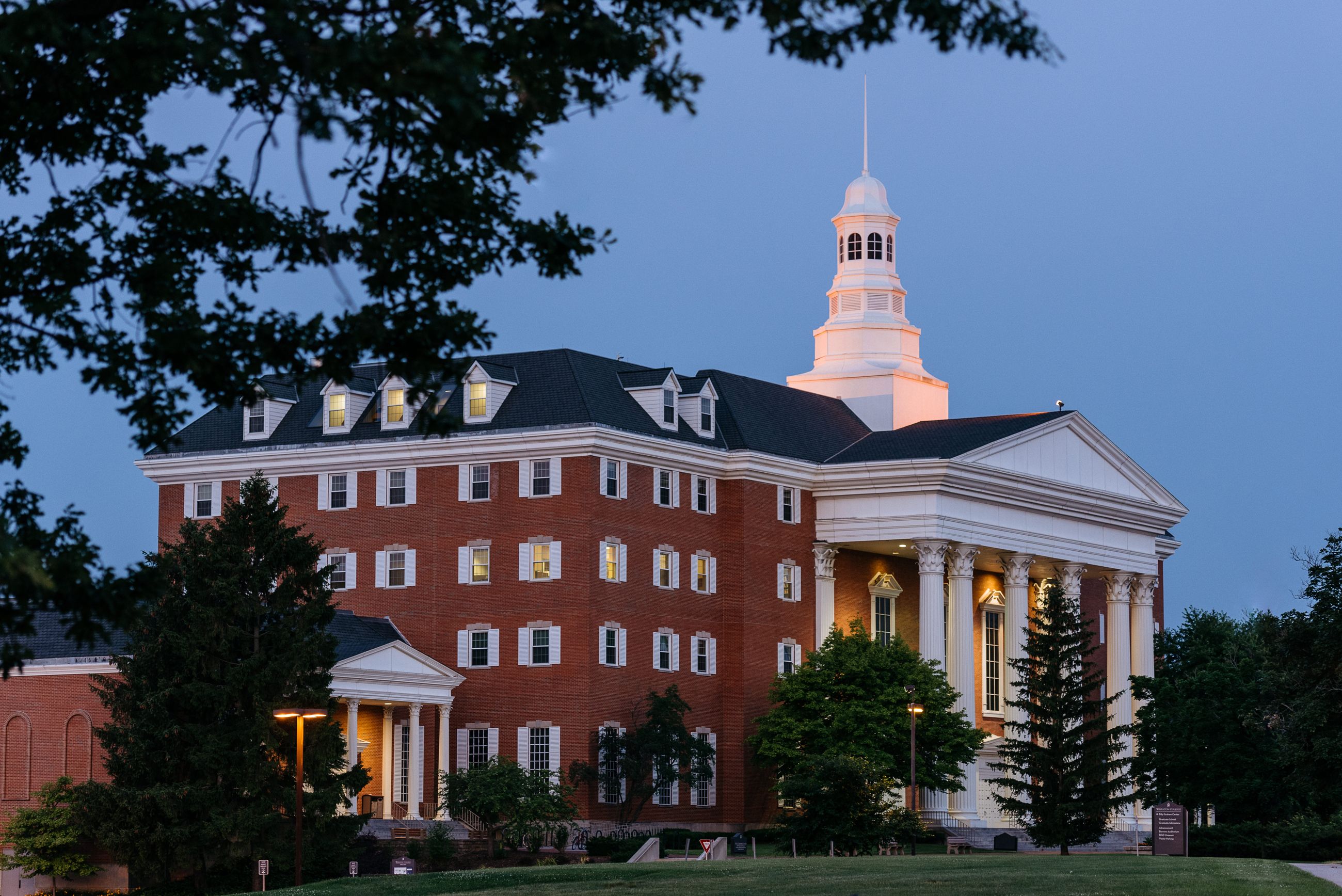Stephanie Lowery, Ph.D. 2016
Stephanie Lowery, Ph.D. 2016
 Recipient of the Eugene and Margaret Logan Fellowship
Recipient of the Eugene and Margaret Logan Fellowship
Lecturer in Theology, Academic Advisor and Program Coordinator, Africa International University
Part-time Lecturer and Administrator, Kalamba School of Leadership
My dissertation, “Identity and Ecclesiology: Their Relationship Among Select African Theologians,” supervised by Dr. Daniel J. Treier, examines the relationship between identity and ecclesiology in select African theologies. There are few scholarly studies of African ecclesiology. In African theology broadly speaking, there are five characteristic themes: identity, inculturation, liberation, life, and community. ‘Identity’ is the crucial concern that integrates the other characteristic themes. Biblical texts that have been important in African theological treatments of identity and ecclesiologies are examined to understand their contribution. Then five ecclesiology proposals in Africa are profiled in chronological order, from Elochukwu E. Uzukwu, Agbonkhianmeghe E. Orobator, Augustin Ramazani Bishwende, Paul Mbandi, and Georges Titre Ande. These ecclesiologies share a deep concern over the nature of ecclesial solidarity, and demonstrate that ‘identity’ continues to integrate several major concerns of African theologies. The concern with communal identity—African and Christian—responds to biblical, distinctively Christian priorities that become more apparent in the African pursuit of a healthy, dignified identity. The issue of whether church should be described as ‘family’ is debated, precisely because of a shared commitment to deep Christian solidarity alongside worries over conflict produced by pre- or extra-Christian identities. Finally, the social identity approach provides a language with which these culturally prompted, biblically based insights can be heard by non-African readers. The notion of a ‘superordinate’ identity, which relativizes but does not remove secondary identities, can be especially helpful in articulating the African ecclesiological aspirations regarding unity in Christ over against ethnic conflict.
Wheaton College has been the ideal program for me. I particularly appreciated the encouraging, welcoming community of my fellow students, and the close interactions with my advisor from day one onward. I can’t imagine having any better advisor than Dan Treier: he models charitable, rigorous scholarship, and cares about every aspect of his students’ lives. Having this nurturing environment played a large part in my successful completion of the program.
